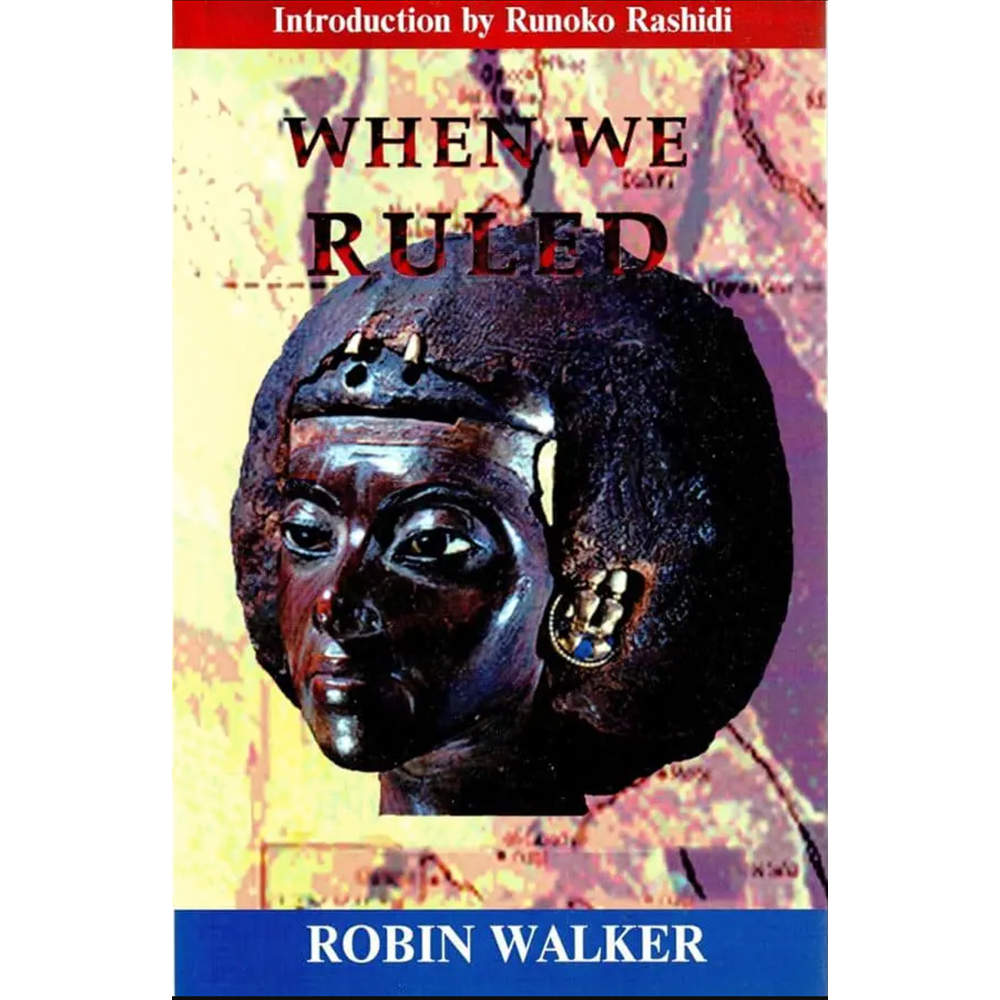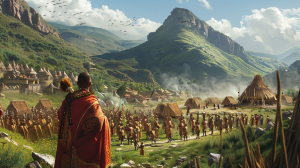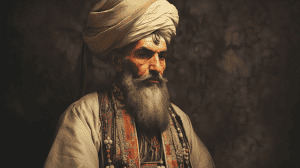Why African history books?
African history books are vital for understanding the diverse cultures, innovations, and events of the African continent, offering insight into its rich heritage and influence on global history.
When we Ruled
When We Ruled is a landmark publication superbly illustrated with high-quality photographs, maps, and drawings. It provides an extraordinary and cutting-edge synthesis of the archaeological data, the documentary evidence, and the historical linguistic research. When We Ruled recounts the fascinating story of the origin and development of indigenous civilizations across the vast panorama of the African continent.

Ancient Africa Explained
To truly understand the present, one must understand the past. And that past begins with Africa. And this book.
“A must-buy for anyone interested in African or human history as a whole”.
The Ancient history of Africa can be thought of as a history of beginnings, for it is in Africa that the human story first begins. Although we do not yet know how this human story ends, it is a story with many of its chapters having already been written.

Ancient African Kingdoms
Africa is the continent where the first humans were born. They explored the vast land and produced the first tools. And although we migrated from that continent, we never completely abandoned it. From the beginning of time, humans lived and worked in Africa, leaving evidence of their existence in the sands of the Sahara Desert and the valleys of the great rivers, such as the Nile and Niger. Some of the earliest great civilizations were born there, and they give us an insight into the smaller kingdoms of ancient Africa.

In conclusion, our journey through the realm of African History Books has been profoundly enlightening. These books serve as crucial portals into the vast and varied past of the African continent, illuminating the richness and diversity of its civilizations. Each African History Book we delved into revealed different aspects of a continent whose story is often underrepresented or misunderstood in wider historical discourse.
The most significant takeaway from these African History Books is the realization of Africa’s complex and multifaceted history. These books challenge the prevailing Eurocentric perspectives and advocate for recognition of Africa’s pivotal role in the annals of global history. They bring to the forefront the depth of African societies, their innovations, and the intricate cultural interchanges that shaped them.
Moreover, these African History Books are more than mere repositories of dates and events; they are narratives of resilience, innovation, and remarkable achievements. They celebrate the enduring legacy and accomplishments of African peoples, providing a source of inspiration and knowledge for contemporary and future generations.
As we wrap up our exploration, it’s clear that African History Books are indispensable for anyone seeking a comprehensive understanding of world history. The selection of books we’ve examined represents just the beginning of what is a vast and fascinating field. They invite us to continue our exploration, deepening our understanding and appreciation of Africa’s historical contributions. By engaging with these African History Books, we embark on a journey of discovery, gaining new insights and perspectives on the rich, diverse tapestry of Africa’s historical landscape.




